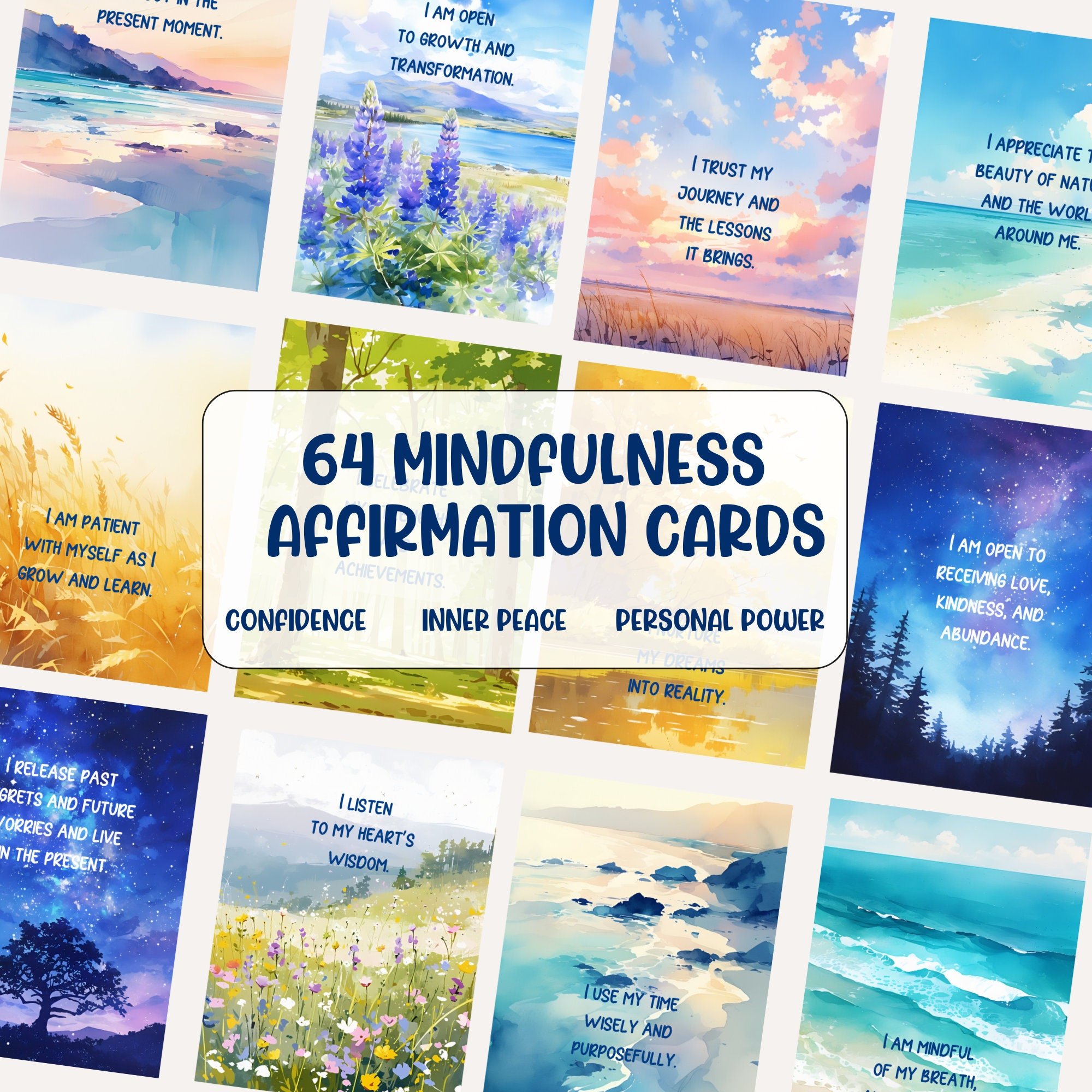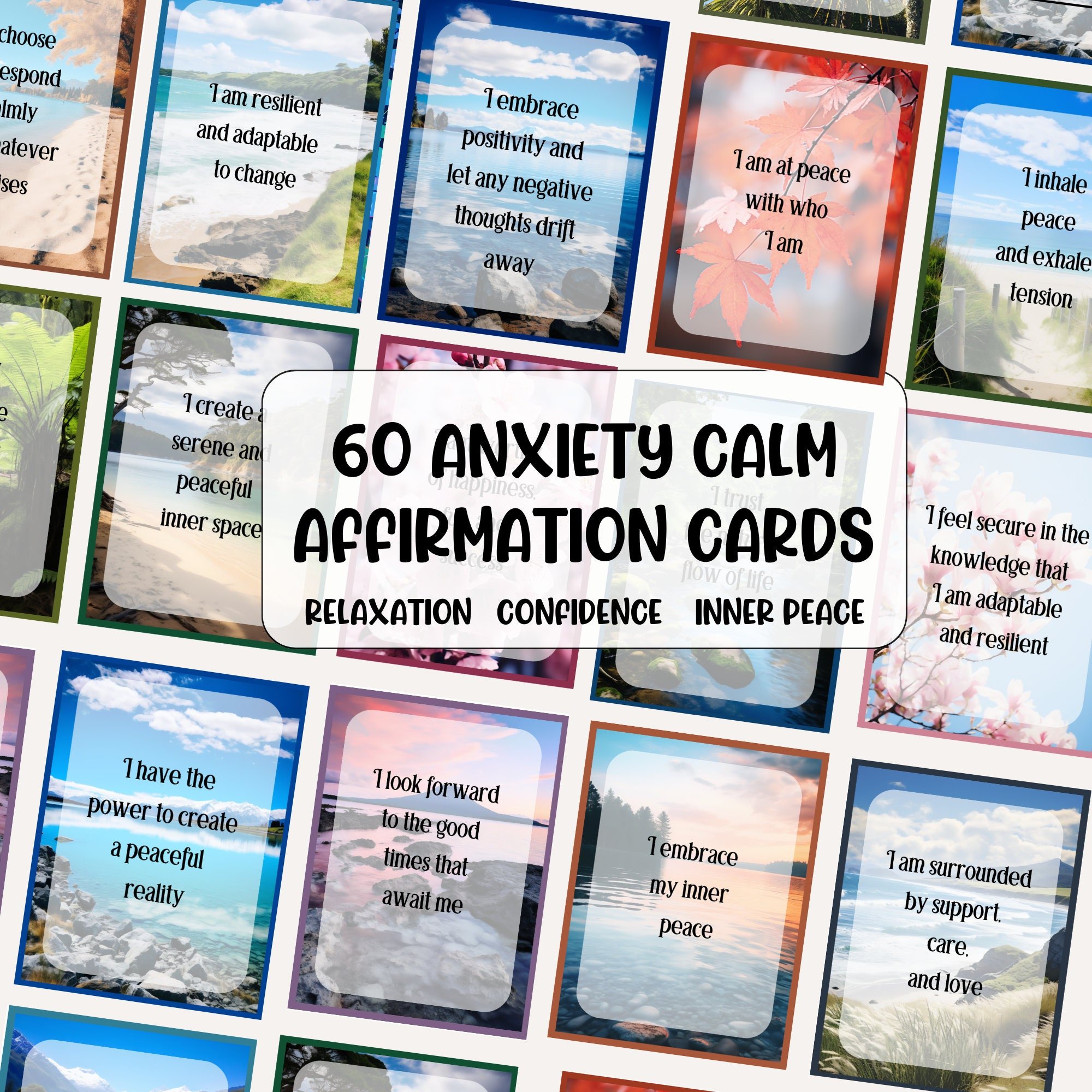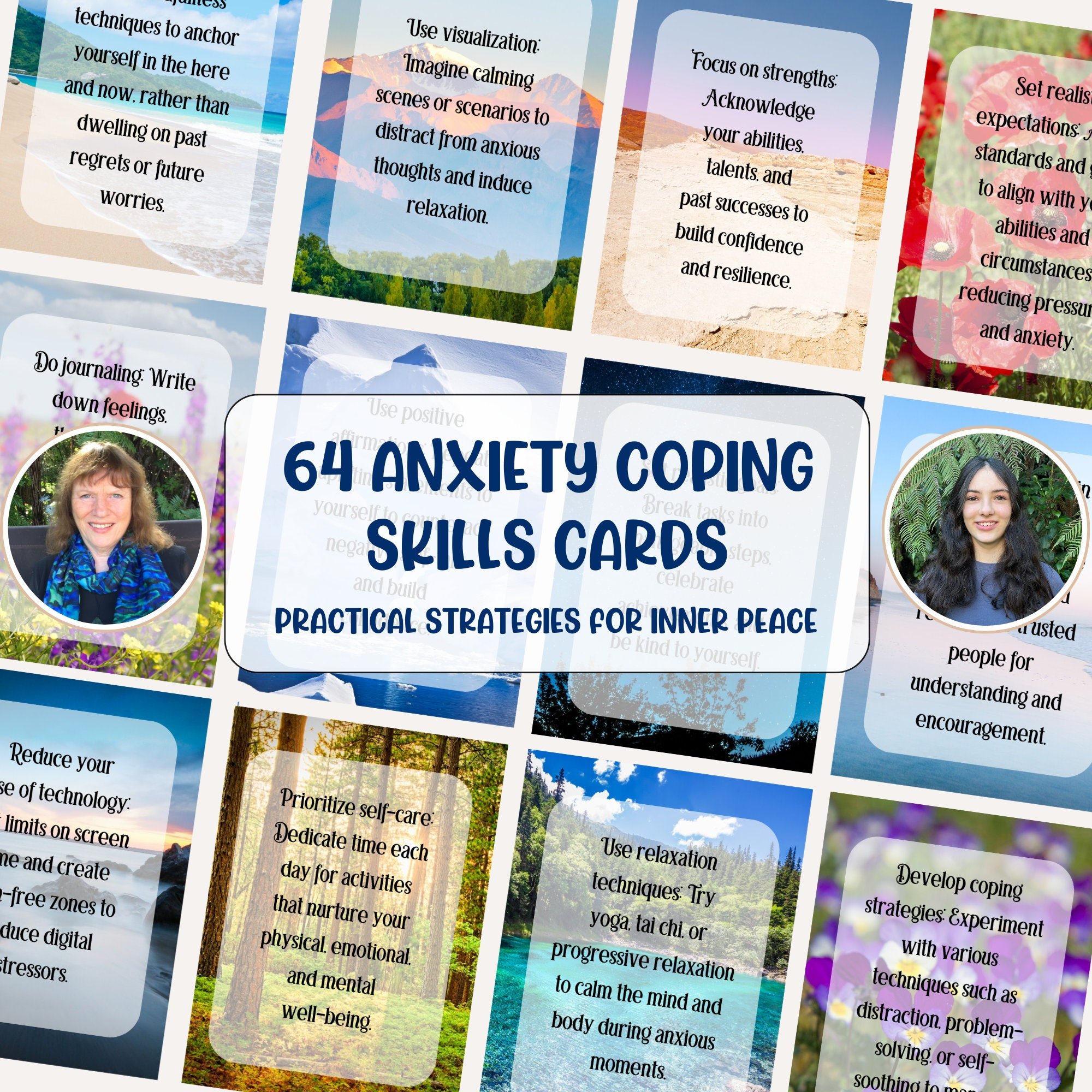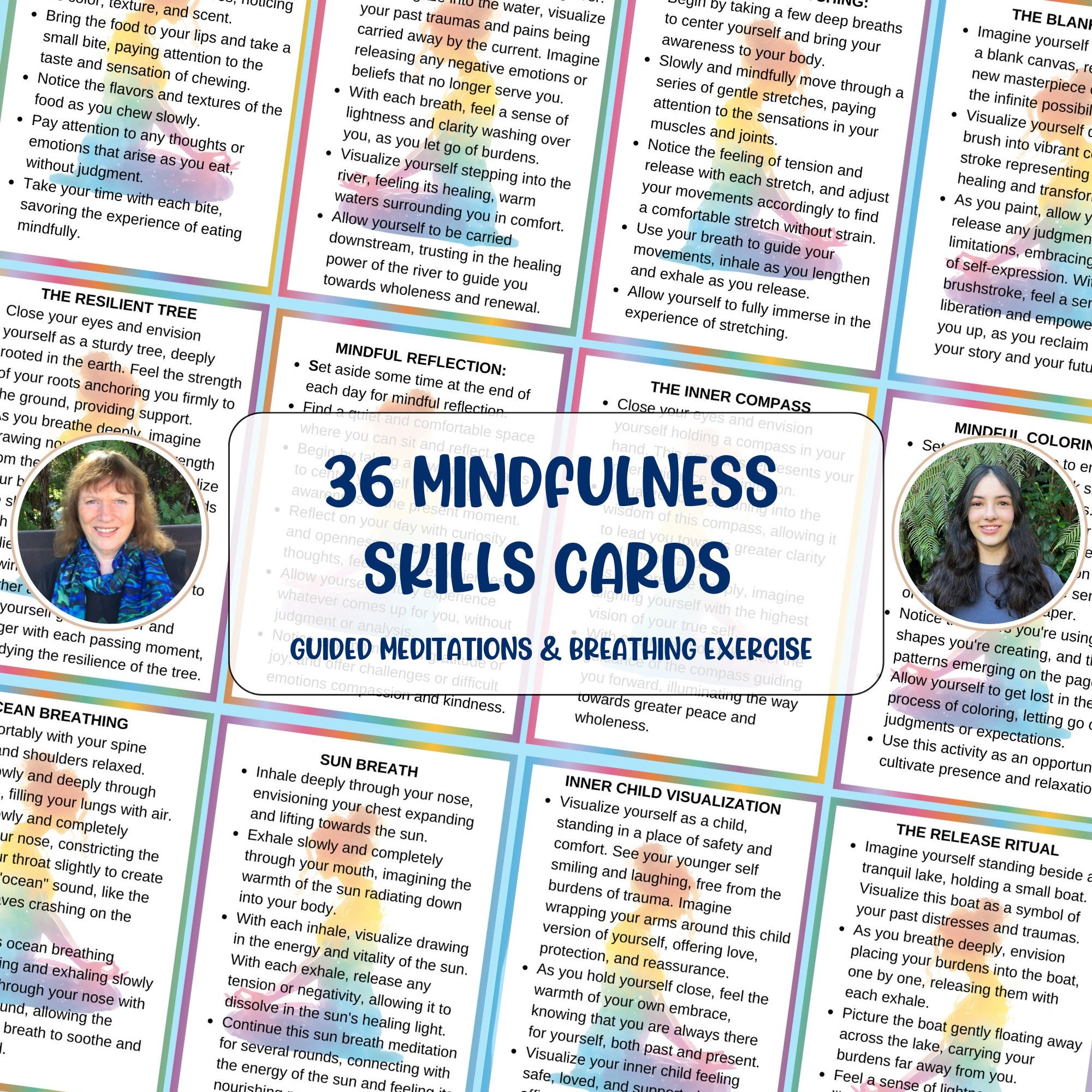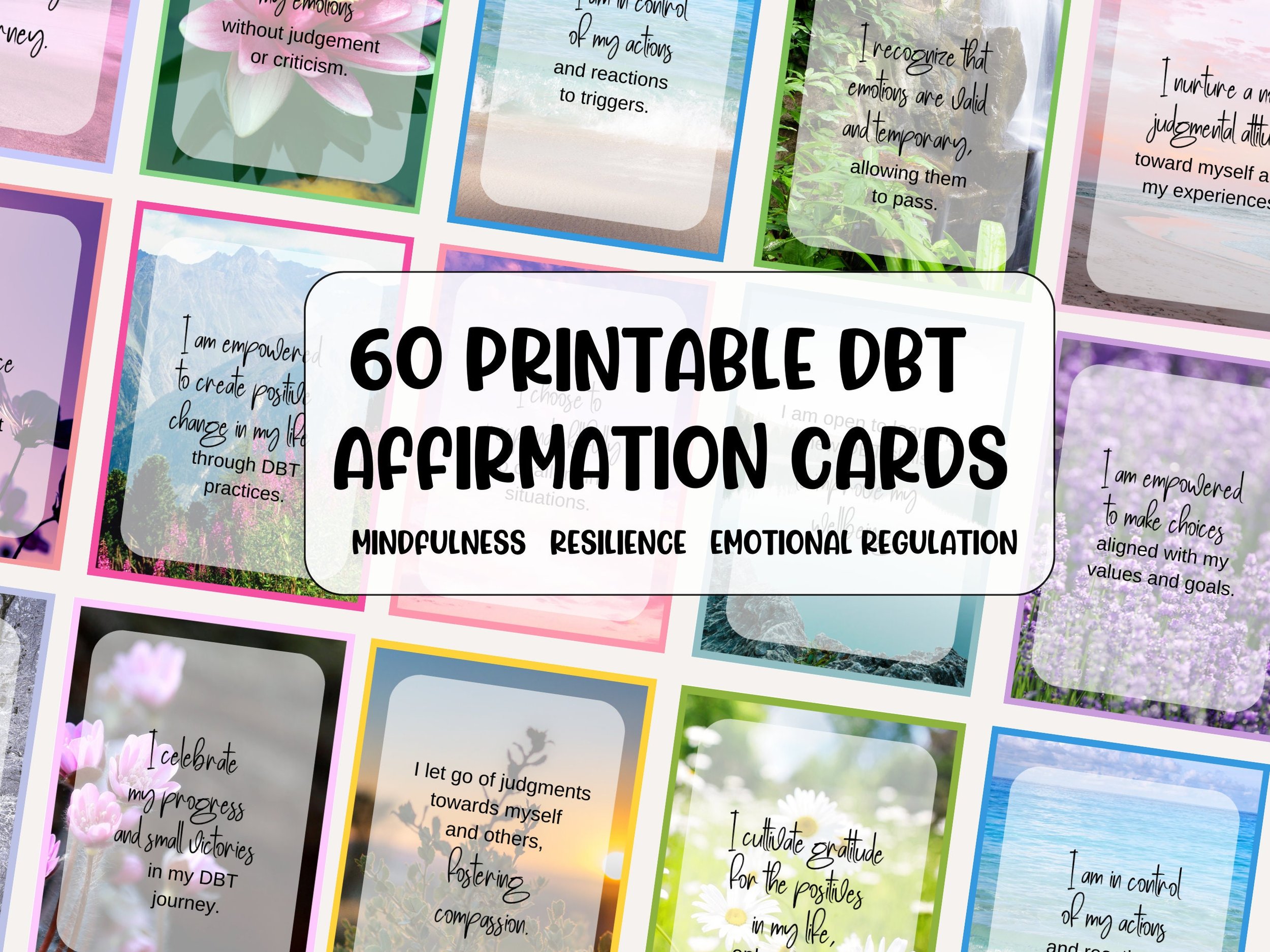Morning and Evening Routines for Trauma Recovery
Recovering from trauma takes time, patience, and consistent self-care. One of the most effective ways to support your healing is by creating simple, nurturing morning and evening routines that ground your mind, soothe your nervous system, and help you start and end the day with intention. These gentle rituals can promote emotional regulation, reduce anxiety, and gradually rebuild a sense of safety and trust within yourself.
Whether you’re navigating PTSD, CPTSD, or the lingering effects of difficult life experiences, structured daily practices — especially in the morning and evening — can make a profound difference in your recovery journey.
Why Morning and Evening Routines Matter in Trauma Recovery
Trauma can leave the nervous system on high alert, making it harder to feel calm or settled. Morning and evening routines help by:
Creating predictability — offering your mind and body a sense of safety through repeated, familiar steps.
Encouraging nervous system regulation — using grounding, breathing, and mindfulness techniques to shift from stress to calm.
Supporting emotional resilience — setting a positive tone at the start of the day and releasing tension before sleep.
Morning Routine for Trauma Recovery
Your mornings set the emotional tone for the rest of the day. A gentle, supportive morning routine can help you feel grounded, clear-headed, and ready to meet the day with steadiness.
1. Start with Gentle Grounding
Upon waking, take a few deep, slow breaths. Feel your feet on the floor, notice your surroundings, and remind yourself that you are safe in this moment.
2. Affirmations for Confidence and Calm
Use your Morning Mantra Cards or Trauma Affirmation Cards to select one or two affirmations that speak to you today. Repeat them slowly, letting the words sink in.
3. Movement or Stretching
Engage in gentle stretching, yoga, or a short walk to connect with your body and release tension.
4. Intentional Planning
Write down one small, achievable goal for the day. Trauma recovery thrives on realistic, kind expectations.
Evening Routine for Trauma Recovery
Evenings are your opportunity to transition from the stimulation of the day into rest and restoration. These simple practices can help quiet the mind and prepare your body for deeper, more peaceful sleep.
1. Gentle Release of the Day
Take a few minutes to journal or mentally review your day. Acknowledge moments of progress — however small.
2. Calming Affirmations
Choose an affirmation from your Nighttime Mantra Cards or Trauma Affirmation Cards that promotes safety, self-compassion, and rest. Repeat it slowly, perhaps while placing a hand on your heart.
3. Nervous System Soothing
Use a technique from your Trauma Strategy Cards, such as slow belly breathing or a grounding visualization, to calm your body before bed.
4. Create a Restful Environment
Dim lights, use a soft blanket, and remove devices at least 30 minutes before sleep to signal to your body that it’s time to rest.
Making These Routines Your Own
Consistency is more important than perfection. Some days you may do all the steps; other days, you might choose just one or two. The key is to build rituals that feel supportive, not overwhelming.
Your morning and evening routines can become anchors in your healing — moments of calm that remind your mind and body they are safe, cared for, and capable of healing.
If you’d like guided support, explore my Morning Mantra Cards, Daytime Mantra Cards, Nighttime Mantra Cards, and Trauma Recovery Card Decks. These beautifully designed, printable cards offer affirmations, grounding techniques, and healing strategies you can use every day.



